Do you have a pattern of abuse? Find out @ www.relavate.org
Do You Show a Pattern of Abuse?
This checklist is from a booklet written by Robert Needham and Debra Pryde. Any number of or a few of these characteristics do not indicate an individual is abusive or domestically violent. We all become angry and act out in anger. However, when about a third of these behaviors are exhibited on a regular basis, then there is reason to be concerned you or someone in your home is abusive.
When half or more of these characteristics are present in the home, there is cause for concern. Manifesting many or most of these traits on a regualr or daily basis, most likely indicates the home is not only unhealthy but toxic. The person who displays such has likely turned the home into a den of domestic violence. The perpetrator needs to be examined and enter into therapy. The abused need to be protected, supported, and provided with good counseling.
Discernment is crucial and wisdom has to be brought to bear for the best interest of all the members in the family.
So, do you or someone you know in your family have a pattern of abuse?
- I change from kindness and charm one moment to explosive, cruel or hateful behavior.
- I am critical of others’ efforts, especially if they are happy or enthusiastic.
- I blame others for my failures.
- I react angrily if my family member cries or expresses emotional distress or dismay when I accuse him or her of something.
- I am extremely jealous of their friends or family.
- I wrongly accuse my spouse of improper interest in others of the opposite gender.
- I am condescending.
- I have disregard for or discredit family members’ views, feelings, interests, or preferences.
- I attack others verbally.
- I shout loudly when angry.
- I grab his or her arm or neck roughly or painfully.
- Afterward, I become remorseful and try to be kind after being very angry, then begin to get cold and increasingly irritable as the tension builds, until I explode again.
- I am unreasonable or unapproachable during discussions.
- I threaten with the loss of the children, or other ‘punishments’ if he or she confides in someone else about my or our problems.
- I have stated or implied that I need to “teach them a lesson.”
- I want my family isolated from friends or family.
- I punish with long periods of silence.
- I reply or treat others with sarcasm.
- I belittle others’ accomplishments.
- I belittle others’ physical appearance.
- I use name-calling.
- I react inappropriately or angrily or ‘hurt’ by family members’ faults.
- I insist on complete control of finances.
- I become angry over their trifling infractions to my rules.
- I rarely or never admit when I am wrong or at fault to my family members.
- I make rules and then change them without warning.
- I blame others for my anger.
- I believe that I would not become so angry if my family members were more godly, submissive or cooperative.
For a good study, see what God says about anger:
Proverbs 14:17
Proverbs 15:17-18
Proverbs 18:21a
Proverbs 21:19
Proverbs 22:24f
James 3:13
Galatians 5:19
Taken from What Do You Do When You’re Abused by Your Husband? by Robert B. Needham and Debra S. Pryde.
Need additional insights or help? Check out these resources:
Christian Coalition Against Domestic Violence
Diane Lanberg's books and resources are very helpful.



